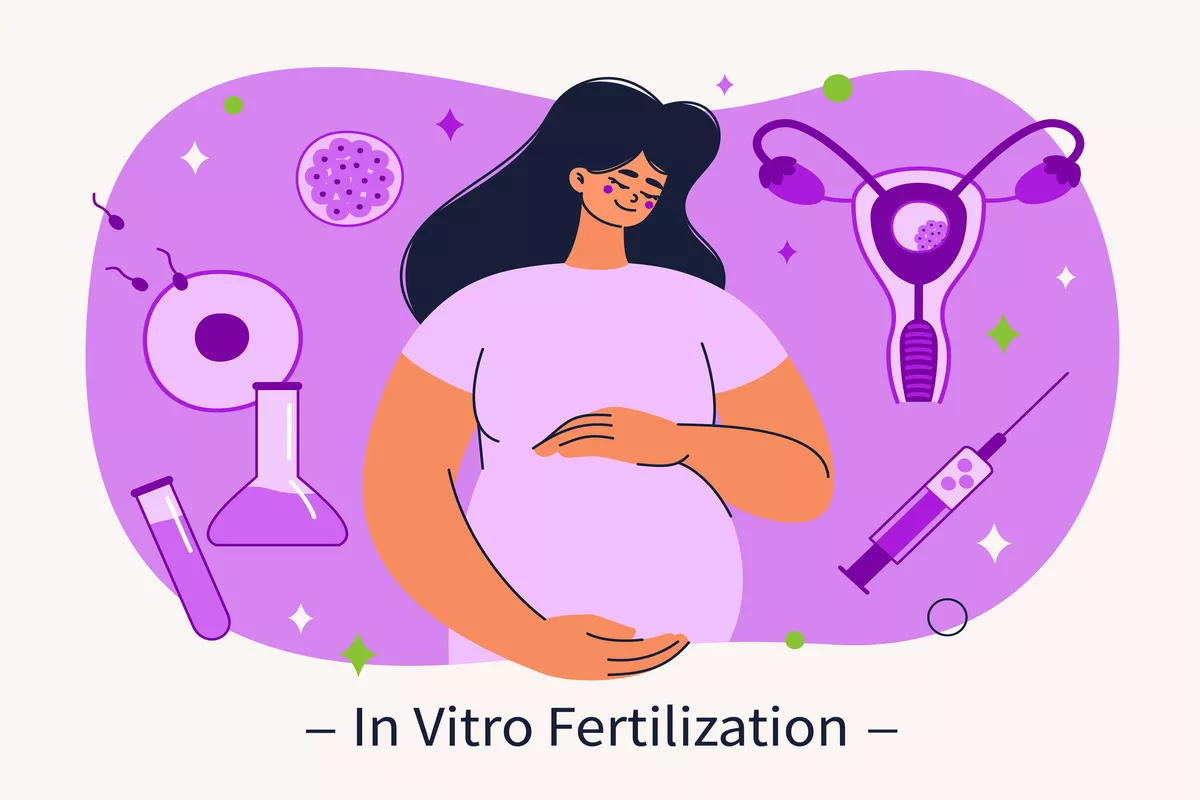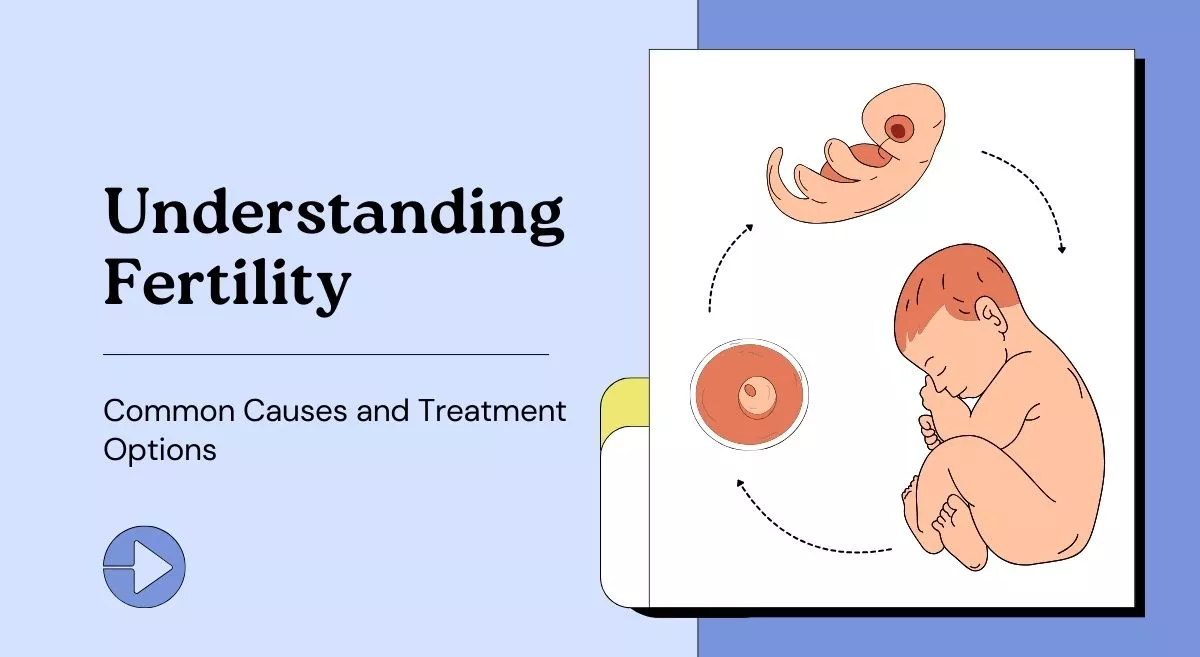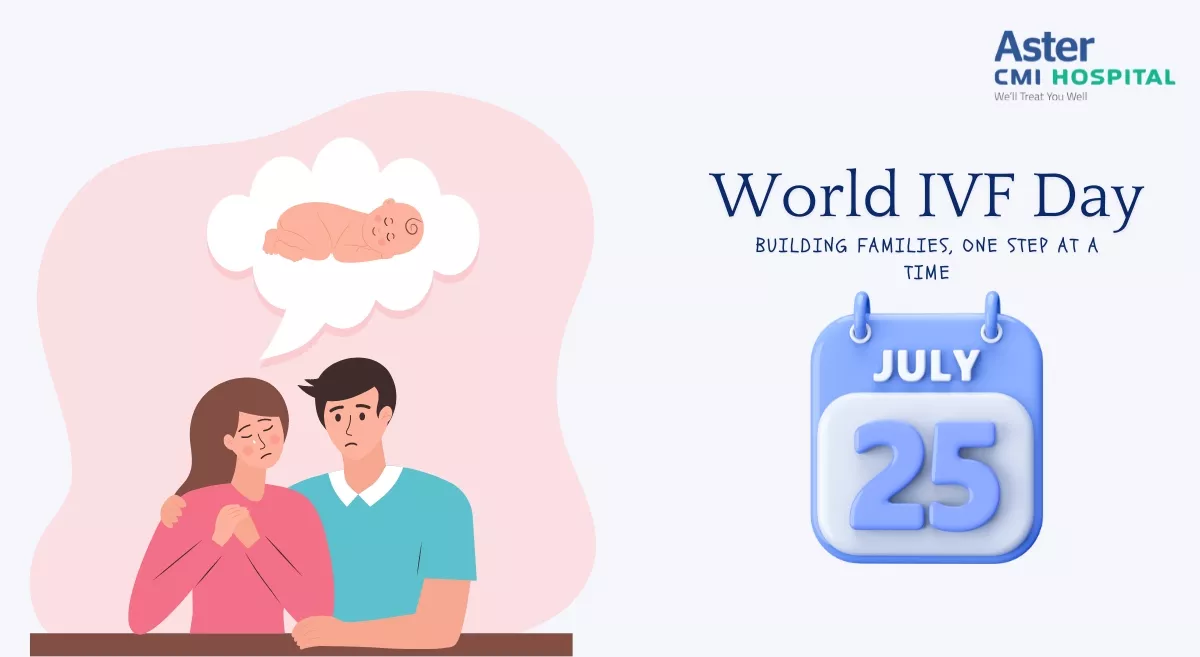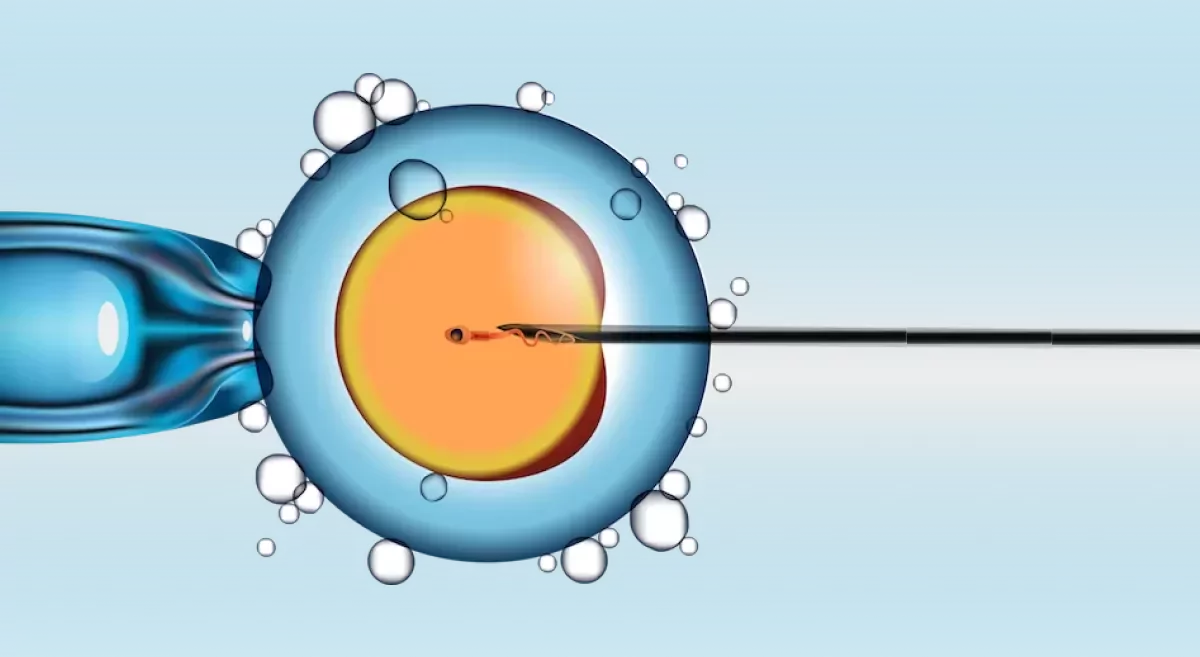Pregnancy is one of the most exciting and happy phases of a women's life. A little bundle of joy in a woman’s hand is possibly one of the foremost thing a woman craves for.
However not every woman can have a biologically natural conception. The fertility journey can be both stressful and highly emotional. About 10% of the couples need assistance to conceive. In such cases; gynecologists may refer these patients to IVF specialists. In Vitro Fertilization (IVF) is an assisted reproductive technology (ART) commonly referred to as IVF.
IVF is the process of fertilization by extracting eggs, retrieving a sperm sample, and then manually combining an egg and sperm outside the mother’s womb and is further kept inside the womb after incubation.
Our Doctors
We have some of the best specialists from around the world, they bring years of experience and offer evidence-based treatment to ensure the best care for you.
Advanced Technology & Facilities
Well equipped with the latest medical equipment, modern technology & infrastructure, Aster Hospital is one of the best hospitals in India.
A Clean Room With Laminar Air Flow That Provides A Sophisticated Environment To Carry Out All The Ivf Procedures.
Equipment That Provides Optimum Conditions That Is Required For Embryogenesis.
Advanced Equipment That Provides Optimum Conditions With Mixture Of 3 Types Of Gases Such As Carbon-Di-Oxide, Nitrogen And Oxygen That Is Required For Embryogenesis.
Management of pre-term/ low birth-weight/ high-risk delivery babies
Specialised care for medically unstable babies
Comprehensive care for complex medical surgical problems in neonates
24/7 presence of lactation expert to ensure breastfeeding
Total Body Cooling (Therapeutic Hypothermia) for babies asphyxiated at birth
Advanced life-saving technology/ clinical support including:
Conventional and high-frequency ventilation
Nitric Oxide Therapy
High Flow Nasal Cannula
Continuous Positive Airway
Pressure Therapy
Antenatal counselling for high-risk pregnancy
ROP screening for preterm babies
Our fertility specialists conduct thorough medical examinations, tests, and assessments to identify the underlying causes of infertility. They evaluate factors such as hormone levels, sperm quality, egg production, and reproductive organ health. Aster Centre for Fertility offer a range of diagnostic tests to evaluate fertility factors in both partners.These include hormone level testing, semen analysis, ovarian reserve testing, hysterosalpingography (HSG) to assess fallopian tube blockages, and ultrasound imaging. We also offer genetic testing that helps identify any underlying genetic conditions or chromosomal abnormalities that may impact fertility or increase the risk of inherited disorders in offspring. These tests may include carrier screening, preimplantation genetic testing (PGT), or other specialized genetic evaluations.
Aster Fertility Centre provide various ART procedures to assist with conception. These include in vitro fertilization (IVF), where eggs and sperm are combined in a laboratory ICSI – where selected sperms are injected into the egg and then transferred to the uterus, or intrauterine insemination (IUI), where sperm is directly inserted into the uterus.
We offer counseling and emotional support to individuals and couples throughout their fertility journey. Dealing with infertility can be emotionally challenging, and these services can provide guidance, coping strategies, and a safe space to discuss concerns and emotions.
Aster Centre for Fertility also offers services for individuals who wish to preserve their fertility for future use. These includes freezing eggs, sperm, or embryos, particularly for those facing medical treatments such as chemotherapy that may impact fertility.
Patient Stories
Our patients are our best advocates, hear the inspiring stories of their treatment journey
Blogs
The source of trustworthy health and medical information. Through this section, we provide research-based health information, and all that is happening in Aster Hospital.




















